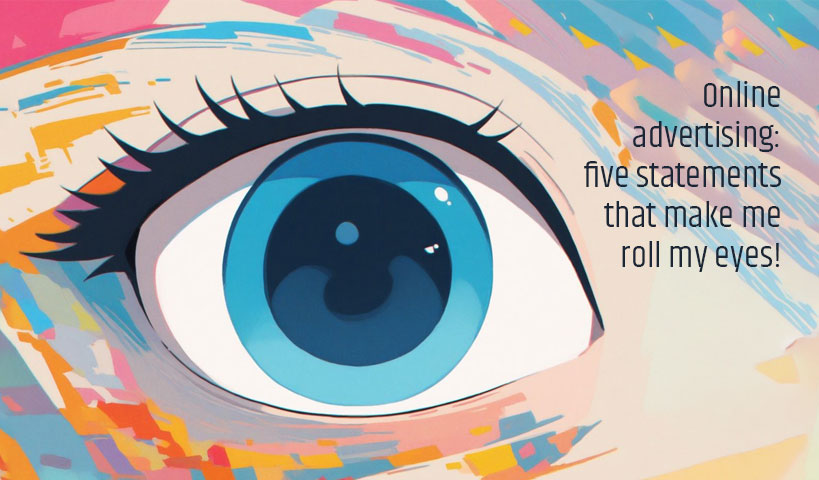
I’ll be quite direct: Not only am I certain that there is room for creativity, I would even say that it’s essential in B2B. Of course we have to agree on the meaning of the term. If your idea of creativity only involves design, poetry or the arts in general, please allow me to clarify.
But what is creativity?
Merriam-Webster defines creativity as the “ability to create.” On a similar note, the Oxford Dictionaries describes it as the “the use of imagination or original ideas to create something; inventiveness” In both cases, creativity involves ability and imagination. Don’t be surprised, however, if you don’t see any reference to an artistic élan.
For a long time creation was only associated with artists and designers of this world. In business, salespeople sold, administrators administrated and creative people….created. There was a psychological barrier that didn’t allow for “artists” and “non-artists” to socialize. However, we all have a creative side to us.
The reality of B2B companies
Creativity has largely evolved since the advent of the internet, and the concept has been integrated into the strategies of B2B companies. As opposed to retail that targets individual consumers, B2B involves longer and more complex sales cycles. Each step of the sales process reveals new stakeholders who must be persuaded one after the other in order to convince the decision-maker. And as the client is a company, the pie isn’t sold by the slice but as a whole; so the stakes are higher.
Adapting your sales strategy to each phase of the cycle is vital in order to bring the prospect further. To do so, creativity is key. It involves adjusting, improving and remodeling your tactics in order to present a personalized offer that appeals to the client. Although the “emotions and impulsion” card shouldn’t be overplayed to convince a B2B client, don’t forget that business relations are created and maintained with real people.
Don’t be too extreme
With solid management, judgment and experience, creativity is one of the four main elements of successful marketing.1 However, don’t be too extreme. First and foremost, concentrate on the positioning of your product or service. Sooner or later, you will have to call on creativity, during a brainstorming session, all along the process and even in the way you present your results.
You don’t have to reinvent the wheel or revolutionize the world to innovate. Listen to your clients. Sometimes simply adapting a product or adding functions to it is enough. Be creative!




